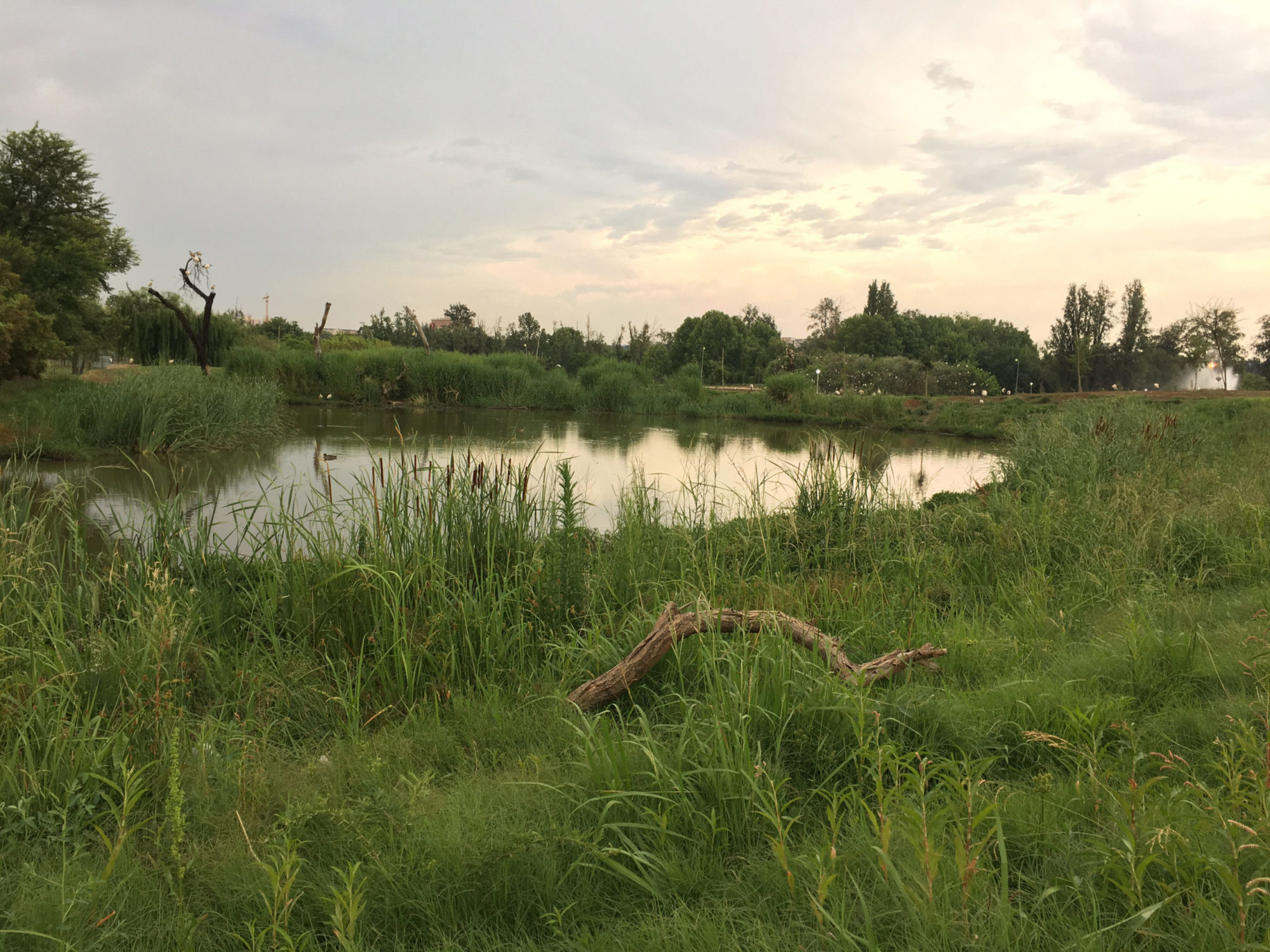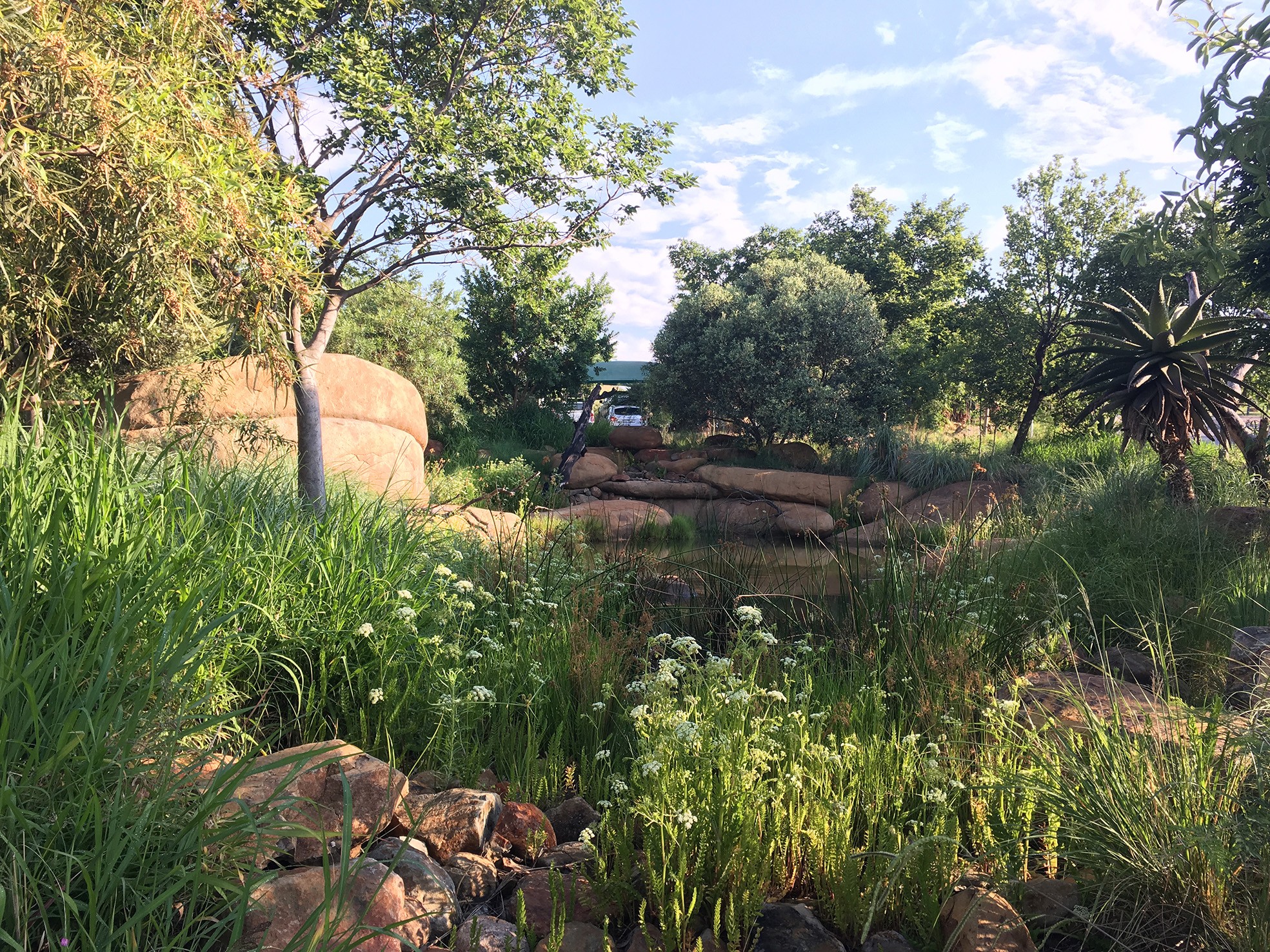Advertisement
A new awareness is spreading across the world and it is bringing tremendous hope and excitement. People now understand the vital importance of making our individually small, but collectively massive contribution to the protection of all life on Earth. We are increasingly more willing to practise consumer restraint at home and at our workplaces.
The world’s stock of natural resources, which creates a long-term supply of goods or ‘ecosystem services’ for our survival, is known as ‘natural capital’. It includes soil, air, water and all living things. Just like every business and home, nature has a budget, and our demand for natural capital is exceeding nature’s budget as we are currently using more natural resources than the Earth can produce each year. If everyone consumed at the rate of first-world countries, we’d need 2.75 Earths to meet our demand for natural resources each year. But we only have one!
In South Africa, the terms ‘green infrastructure’ and ‘ecosystem services’ feature increasingly in academia, policy documents and professional magazines, but are seldom employed actively in practice in deliberations on urban land use decisions.
Conserving the natural capital doesn’t mean you have to compromise your lifestyle. In fact, gardening in harmony with nature offers significant time and money savings as well as the peace of mind knowing you are helping safeguard your health and that of your community.
Joining the worldwide revolution to ‘go green’, and playing our part in various small, but vitally important ways, gives direct economic and health benefits, including significantly reduced maintenance and utility bills, saving you money and increasing your quality of life and property values.
Lawn and garden services can cost thousands of rands annually on smaller properties, while larger ones can expect to fork out hundreds of thousands in the long term. Save a fortune on replanting annually by buying indigenous perennials and groundcovers.
Planting windbreaks and strategically situated shade trees can reduce winter heating bills and air-conditioning costs by as much as 75%. Strategically positioned trees can end up saving thousands of rands annually.
Tapping into the beauty of South Africa’s biodiversity opens us up to the joy of our connection to the Earth and all other living creatures. This deep appreciation of nature gives us a context and a foundation for our human existence on Earth, and the aesthetic delights of a regionally indigenous garden are equally rewarding. A wildlife-friendly, indigenous garden offers lower maintenance and lasting pleasure as nature gradually returns to our urban lives in incremental splendour.
Advertisement
The key to the enchanting world of a biodiverse wildlife garden lies with those grand protectors of life – indigenous plants, especially trees. With a little effort, communities can become custodians of all that is rare and beautiful, with birds, bees, butterflies and animals returning to light up our world.
Communities have begun branding themselves as ‘eco estates’, ‘game estates’ and ‘forest estates’. A particular emphasis is placed on the use of native or indigenous plant species in landscape design. Indigenous gardening represents a break with the conventional suburban gardening aesthetic, which uses global horticultural plants. Indigenous gardening represents a concerted effort to bring nature appreciation, previously associated with distant nature reserves, into the domestic sphere.
The reason behind South Africa’s incredible biodiversity – we have some 10% of the world’s total known plant, bird and fish species, and over 6% of all known mammal and reptile species – is due to our wide range of climatic conditions and immensely varied topography.
Gardening according to regional climate and soil type is key to any successful indigenous garden. With a little guidance, gardens can easily become more eco-efficient and more beautiful.
Climatic conditions in South Africa are extremely variable from region to region and from season to season. Droughts, floods, frost, hail and snow cannot be accurately predicted. For this reason, the use of plants that are indigenous to specific bioregions is encouraged.
Sustainable water-wise gardening is imperative in South Africa today. Many people love a beautiful, well-manicured lawn, but exotic lawns use an enormous amount of water, are maintenance intensive, can be unhealthy (especially for children prone to allergies), and discourage the presence of wildlife. Ideally, they should be banished. It is more eco-friendly to choose indigenous lawn species and replace unused lawn space with indigenous groundcovers.
Native grasses are important for holding the soil in place and as larval host plants for many butterflies and pollinating insects. They add peaceful, natural structure and form to a wildlife garden and are particularly beautiful in and next to water. Experiment with a few different grasses if you want your garden to mimic the flow, form and creativity of nature.
To tap into the beauty of biodiversity and optimise garden eco-efficiency, future gardens will need careful thought and planning before investing in plants or outdoor structures. Consulting an environmentally responsible service provider, with a commitment to a sustainability strategy, will assist communities and property owners to achieve biodiverse gardens and green spaces and attain Ecocert Biodiversity Area Certification, creating inspiring places that connect people to their environment.





